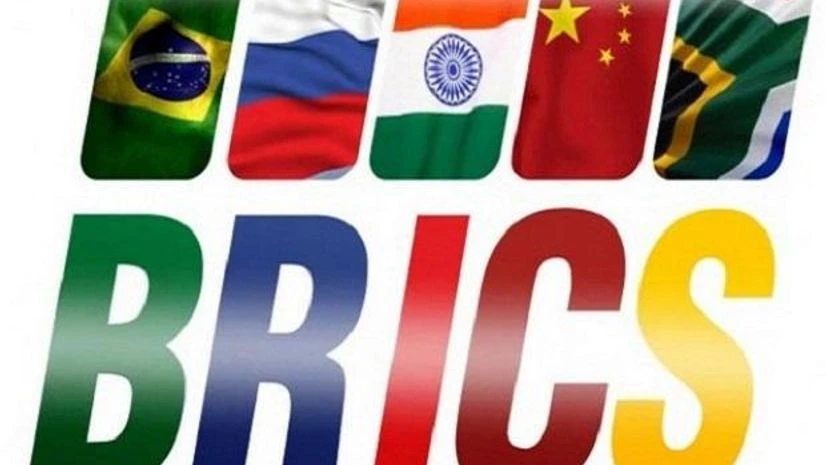The BRICS countries need to urgently expand trade with each other rather than with the rest of the world, a top official of the International Labour Organisation (ILO) has said and offered technical support from the UN agency towards the realisation of such a goal.
BRICS includes Brazil, Russia, India, China and South Africa.
Jens Dyring Christensen, Senior Specialist in Enterprise Development and Management at the ILO, made the comment on Wednesday while speaking on the topic 'BRICS Productivity Ecosystems' at the bloc's second Employment Working Group (EWG).
What we find is that trade with the United States is six times higher than within BRICS member states. What is needed is to expand inter-BRICS trade, he said.
The meeting, which took place in South Africa's Port Alfred, is one of several preparatory ones ahead of the BRICS Summit scheduled to take place in Johannesburg in August.
The heads of state of the five partner countries in the bloc are all expected to attend the Summit.
More From This Section
If BRICS countries trade more among themselves, it will boost economic growth among member states. They could do this by identifying within their countries where there is a mutual interest, Christensen said.
He said the ILO was ready to provide technical support towards attaining such a goal, focusing on how specific productivity ecosystems could be implemented in each member state.
What we know is that there is no one size fits all solution. The answer could lie in asking the ILO to create a team of technical experts based in each country to support the implementation. We can even suggest setting up a fully-fledged BRICS team of experts across the five counties, Christensen said.
He highlighted how in the BRICS partnership, India led the field for work in the informal sector at 88 per cent, with China at 54 per cent and Brazil at 47 per cent. South Africa lagged slightly at 45 per cent and Russia at only 21 per cent.
South African Labour attache in Geneva Siyabonga Hadebe said the time had come for BRICS member states to work as a bloc to achieve their common goals of boosting economic growth among themselves and thereby change the geopolitical landscape.
Hadebe said there is a dire need to intensify this relationship, with the ecosystem being a classic step.
We should start to ensure that as the labour and employment stream, we can begin imagining the future we are going into. Our resolve is to foster this cooperation, especially at the multilateral level. We should ask our leaders to instruct us not to work in silos, he said.
Director of the School of Economics, Development and Tourism at Nelson Mandela University, Professor Ronney Ncwadi, said entrepreneurship should be embedded in the social values of BRICS member states so that youth makes entrepreneurship a career of choice.
In a panel discussion at the same meeting, Dr Joni Musabayana, ILO Director for Decent Work for Southern and Eastern Africa, called on South Africa to address the controversial issue of a basic income grant being paid to all citizens.
In terms of current social protection initiatives, South Africa covered about 52 per cent of its population, while the average for the African continent was 17 per cent, Musabayana said.
Minimum income grants and other social assistance benefits play a key role in guaranteeing at least a basic level of income security, said Christina Behrendt, Head of the Social Policy Unit in the Social Protection Department of the ILO.
(Only the headline and picture of this report may have been reworked by the Business Standard staff; the rest of the content is auto-generated from a syndicated feed.)

)
